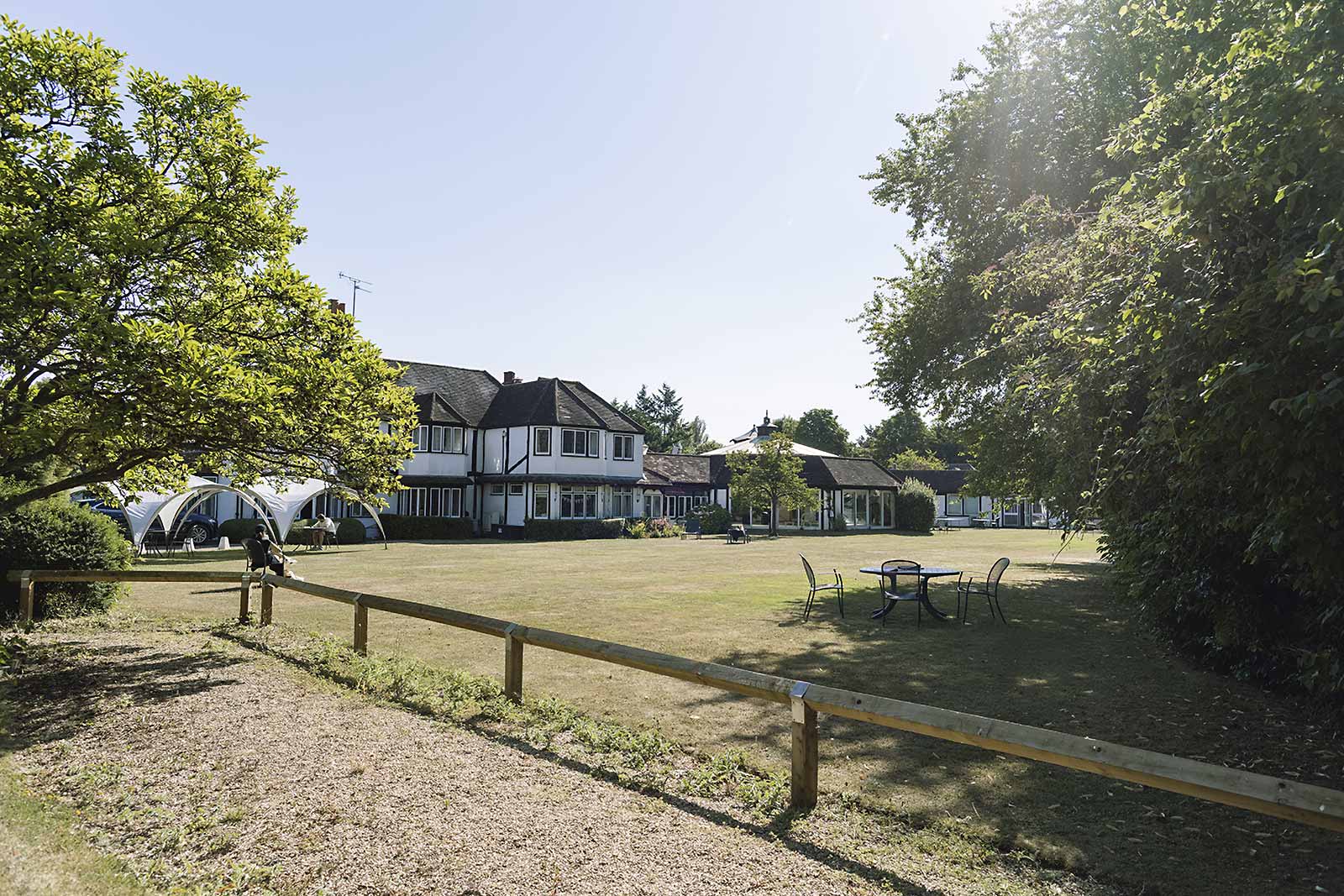Anger Management
What is anger?
Anger is a normal and often healthy emotion, but when it gets out of control it can become destructive and can lead to many problems in all aspects of a person’s life. This may affect work, relationships and the quality of life. Learning how to deal with your anger is important to your well being and to that of others around you.
Anger can vary in intensity and, like every emotion, it is accompanied by changes in the body, including a faster heartbeat and increased adrenaline.
Some people are able to control their anger and express it a constructive way while others lash out in an uncontrollable and aggressive way, even if they are normally not an aggressive person. Others internalise their anger, which can have negative emotional and physical effects.
Common anger symptoms
- Increased blood pressure
- Increased heart rate
- Tingling sensation
- Muscle tension
- Irritability
- Frustration
- Anxiety
- Rage
- Stress
- Feeling overwhelmed
- Guilt
Causes of anger
Many things can cause anger, including stress, family issues and financial problems. Anger can also be caused by an underlying disorder such as alcohol problems or depression. There are several conditions that can cause anger:
- Depression
- Obsessive Compulsive Disorder
- Alcohol abuse
- ADHD
- Oppositional Defiant Disorder
- Bipolar Disorder
- Grief
Treatments for anger
Successful treatments for anger management may need to address both the anger management as well as other underlying causes of the anger. This may require psychological therapies and medication. It is likely that an initial assessment with a psychiatrist would be required. This may be followed by a course of one-to-one sessions with a therapist and potentially some prescribed medication.




Medication for anger
Medication is not usually prescribed to manage anger in itself. However, if you are diagnosed with a mental health condition, that is an underlying cause of your anger, then your psychiatrist may prescribe medication.
Therapy approach for anger
The approach for the anger management itself, is psychological therapy. Your consultant will refer you to a therapist to identify the reasons for your anger and to facilitate change. There are a number of approaches which may be valuable. These include:
Cognitive Behavioural Therapy (CBT)
CBT teaches you how certain thinking patterns are causing your symptoms by giving you a distorted picture of what is going on in your life. This can make you feel angry, sometimes for no good reason thereby provoking you into ill-chosen actions.
Behaviour Therapy
Behavioural therapy helps you weaken the connections between troublesome situations and your habitual and angry reactions to them. It deals with reactions such as fear, depression or rage, and self-defeating or self-damaging behaviour. It also teaches you how to calm your mind and body, so that you can feel better, think more clearly and make better decisions.
Assertiveness Training
Assertiveness training teaches people how to express their feelings in a calm way that is respectful to others and also how to say ‘no’ to situations without becoming confrontational.
There are some useful tips to help control anger:
- The first step is to accept there is an anger problem and then look to look at your behaviour to see what the triggers are
- Be honest with yourself and others around you. It is good to surround yourself with positive people and remove any negative influences
- Count to 10 before responding to a situation that makes you angry
- Work with a relative or friend to try and identify possible solutions to your anger. Try to focus on finding a resolution rather than what made you angry
- Participating in exercise can help reduce stress and take away some of the feelings of anger
- Practicing relaxation techniques such as mindfulness or yoga as these release stress leading you to be able to think more clearly about your actions
- Asking for help isn’t a sign of weakness, our expert team can help you develop coping strategies and develop communication skills
Outcomes
You can learn to control the intensity of your anger so it no longer has a negative impact on your daily life.
We're here to help you
Call Cardinal Clinic on 01753 910729
Or refer yourself for care, make an enquiry
or arrange a free nurse consultation via our
help hub.
A calm environment dedicated to your care
Rated ‘Outstanding’ for care and overall ‘Good’ by the Care Quality Commission, Cardinal Clinic works tirelessly to offer an elevated patient experience from exquisite and fresh chef-prepared meals, to comfortable and relaxing accommodations. Situated in a private estate in the heart of Windsor’s green belt, residential in-patient care, day care and out-patient services are offered.


